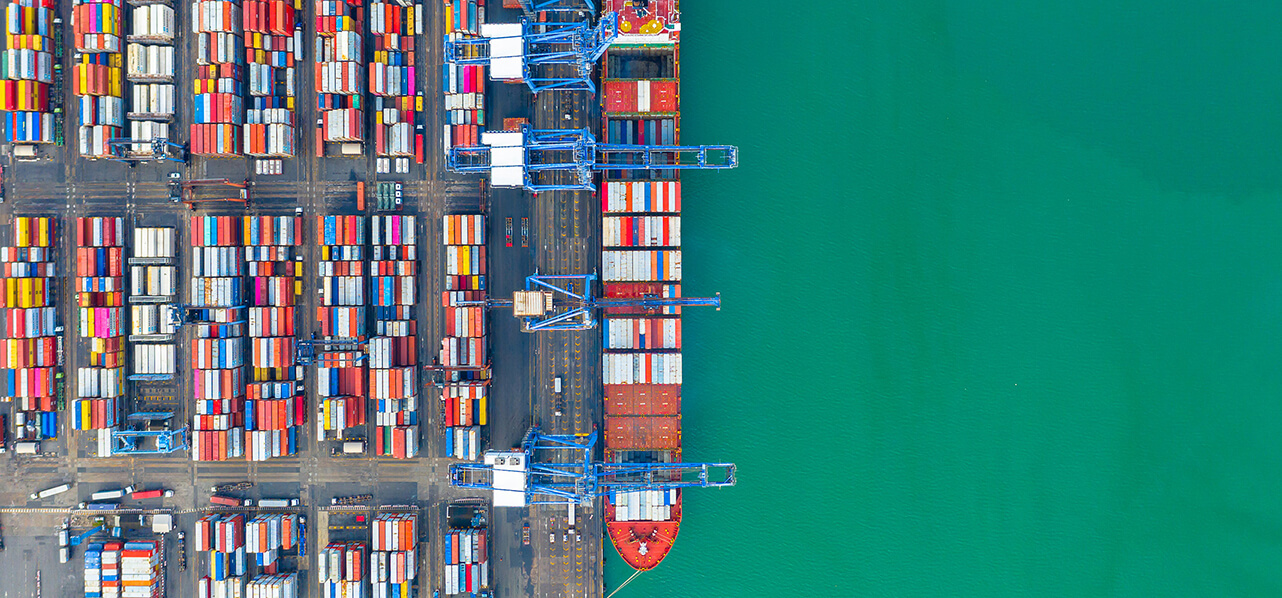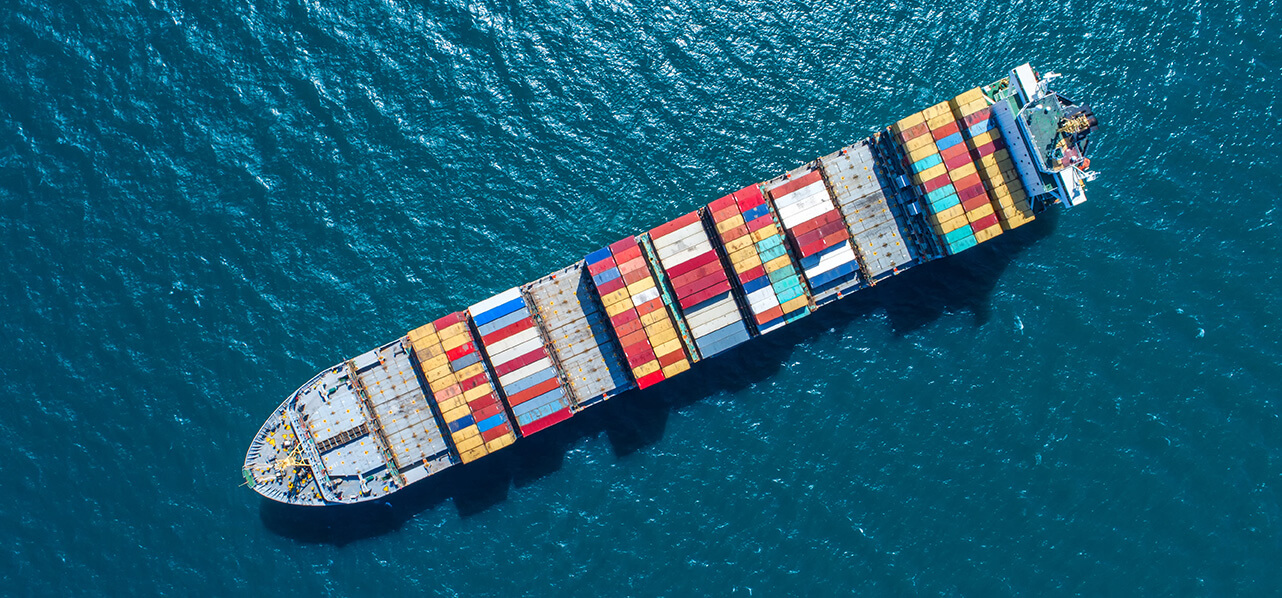Partner Hong Kong
"The background to these measures stems from a petition brought by five labour unions in the US who complained of unfair practices by China in the maritime sector which they believed posed a discriminatory threat to US commerce."
USTR 301 notice of action against the Chinese maritime sector
The background to these measures stems from a petition brought by five labour unions in the US who complained of unfair practices by China in the maritime sector which they believed posed a discriminatory threat to US commerce. The investigation was initiated under section 301 of the US Trade Act 1974, and as a result the US imposed special port fees on Chinese-built, -owned or -operated ships (subject to certain narrow exceptions). Ownership includes a situation where 25% or more of the entity’s equity is held by the Chinese government, Chinese companies or individuals.
The measures came into force on 14 October 2025. In some ways this is old news. However, the notice of action has kept the industry busy since its announcement in April 2025 as parties come to grips with what it means to be a Chinese owner or operator.
Given that “China” includes Hong Kong SAR, and Macau SAR as well as mainland China, we have been busy across our network assisting our clients to consider their corporate structures, financing and flagging needs and to implement restructuring plans where necessary.
SeaTrade Maritime (1 October 2025) has estimated that the additional cost to the top ten carriers’ fleets would be in the region of US$3.2bn in US special port fees.
Chinese Ministry of Transport Announcement
Given the clear targeting of the Chinese maritime industry, on 28 September 2025 the PRC government laid the groundwork for retaliatory measures to be adopted by amending the regulations on international maritime transport.
On 10 October 2025 retaliatory measures were announced by the Ministry of Transport (MOT Announcement). The measures came into force on 14 October 2025 and closely mirror the USTR measures.
Essentially US vessels will now incur special port fees if they call at Chinese ports. The targeted ships are:
- ships owned by US businesses, organisations and individuals;
- ships operated by US corporations, organisations and individuals;
- ships owned or operated by enterprises, other organisations in which US enterprises, organisations, and individuals directly or indirectly hold 25% or more of the equity, voting rights or board seats;
- ships flying US flag; and
- ships built in the US.
The initial fees are set at RMB400 (approx. US$56) per net tonne and increase over time.
Recent Developments
Key contacts
Foreign Legal Consultant Hong Kong
Foreign Legal Consultant Hong Kong
Partner London
Partner London
Partner New York
Partner New York
Partner New York
Partner New York
"Just after midnight on 14 October 2025 the MOT issued the implementing regulations, which made some important clarifications to the MOT Announcement."
Just after midnight on 14 October 2025 the MOT issued the implementing regulations, which made some important clarifications to the MOT Announcement.
Exceptions: there are two important exceptions to the measures: the special port fees will not apply to (1) Chinese built ships; (2) ships arriving unladen for repairs.
Ship arrival form: the form that needs to be completed by every ship on arrival was issued. This form brings some further clarity, in particular as it is the only official document produced in both English and Chinese regarding the MOT Announcement. Parties should consider that the English language version of this document will prevail over any unofficial translations from Chinese of the MOT Announcement or implementing rules.
Practicalities
The declaration form which vessels must complete seven days prior to entry into China is a self-declaration form which will require vessel owners and operators to analyse for themselves whether or not they meet the criteria set out in the MOT Announcement. If the declaration is wrongly made and the fee not paid, the vessel may not be able to enter or leave the port until its dues are paid. If the vessel has already left, the fee will be due before the next call in China.
Owners: There are complex calculations that need to be undertaken in particular in relation to vessels that are backed by funds, listed companies and corporates from the US. Needless to say, this also affects individuals with investments in the maritime industry. The analysis of the extent of an equity interest needs to be undertaken with care. There are alternative methods of calculating indirect ownership under Chinese law and a careful approach will be necessary to minimise the risk of incurring the special port fees.
In relation to funds and listed companies there are further considerations in respect of dispersed and/or obscured ownership and the identity and nationality of shareholders. The publication of the vessel entry form has clarified the approach that listed companies can take.
In addition to an equity ownership test, there are also tests around board composition and voting rights.
Operators: Our understanding is that under Chinese law a ship operator is a person or entity that conducts the operation and management of the ship (on behalf of owners) when the shipowner does not actually use or control her. We understand that if the Chinese authorities believe that the actual operator is someone different from the registered operator declared on the vessel entry form, they may investigate beyond the registration to determine the operator on the basis of actual control. It will therefore be important to understand the rights of charterers in each situation.
"Careful analysis of corporate structures and consideration of shareholdings will need to be undertaken to minimise the risk of exposure to the special port fee."
Actions
We have been actively coordinating our teams across Hong Kong, Athens, London and New York, considering potential exposures to the special port fees, where the responsibility for payment will fall (whether on owners or charterers), whether there are restructuring steps that can be adopted, whether exceptions apply and how practically to complete the forms required by Chinese ports.
Conclusion
While there remains significant uncertainty around how the special port fees will be imposed and interpreted, careful analysis of corporate structures and consideration of shareholdings will need to be undertaken to minimise the risk of exposure to the special port fee. This is something our team is already doing across the globe for a wide range of clients.
Read our previous article following the USTR’s ‘notice of action’ to implement its port fee proposal here.
Key contacts
Partner Hong Kong
Foreign Legal Consultant Hong Kong
Foreign Legal Consultant Hong Kong
Partner London
Partner London
Partner New York
Partner New York
Partner New York
Partner New York












